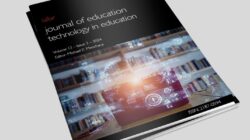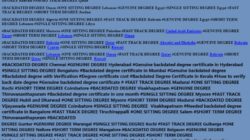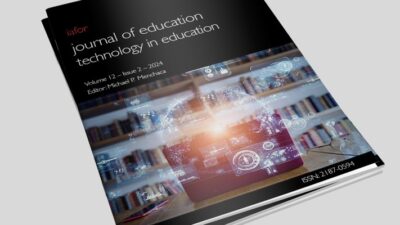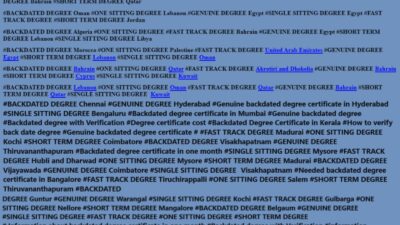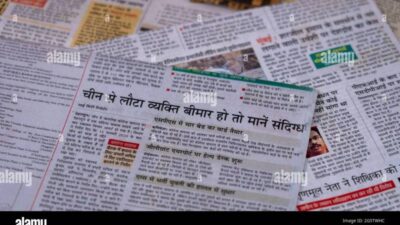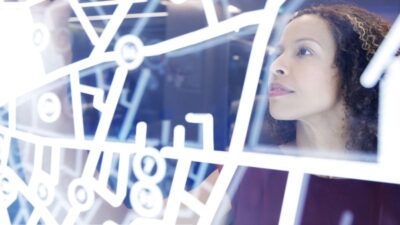Old Technology Synonyms – The Suparter University Siracuse system has developed Pauline Atartan as an early previous what we could call a “search” today. Photo of the Special Library of Special Collection of the University of Syrakuz
The brilliant librarian from the librarians of the 1970s predicts our world of distributed knowledge and research and developed for this search tools
Old Technology Synonyms
Monica Snatin is an academic library that is engaged in the index of the Internet and the scientific publication. It works at the University Library and lectures of the Manchester Metropolitan MSc Scientific Program in the city, London University.
Star Lion College Of Engineering And Technology: Manankoari, Thanjavur
Through the extraordinarily sunny autumn in 1970. One hundred students and faculties at the University of Syrakuza before printing a computer terminal (similar to an electric typewriter) connected to the IBM 360 mainland, located on a campus in New York. Almost none of them have never used a computer before, not to mention the computer system to find information. Their hands trembled when they touched the keyboard; A few reported that they were afraid to break the whole system as they counted.
Participants conducted their first network searches, entering carefully selected words to find the relevant psychological resumes in a brand new database. They scored a key expression or instructions in the line, such as “motivation” in line 1, “respect” in line 2 and “L1 and L2” in line 3 to search for works that include both conditions. After launching the request, the terminal prepared the print, indicating how much documents matches each search; Users then could narrow or expand this search before you create a list of articles. Many users broke into laughter when they still saw the answer from the computer.
As part of the telephone poll, the participants were then asked to give two words describing this experience. Of the 78 delivered words 21 was the same adjective: “unpleasant”. Participants had problems signing the system and experienced unpredictable failures, “irrelevant exit” and, most, do not know “what words they use in search”. However, they also found the system of intriguing and exciting (“Fun”, “Dig”, “I dig computers”), and 94 percent said that in the presence of resums (Syracusian university psychological abstracts). Several was offered to prevent the experiment from passing its term, asking its departments to contribute to the financing of the project.
This group of academic guinea pigs, mainly postgraduate students in the field of education, psychology and library, was part of a radical experiment on the network that started a university school in Syracus in library science. The soups were one of the numerous ambitious studies that found the information that took place in the late 1960s and the mid-1970s in US university towns. Many factors have led to an increase in this study. Development in computer processing options for speed and storage allowed academic databases and catalogs digitized and moved on the Internet. Computer terminals were new modular and could be located around campus for decentralized mainframe access. Both military and industry for computer studies were richer than it was. Given the possibility, academic libraries took the opportunity to study this collection of new technologies. In return, universities offered unnecessary conditions for cooperation with companies for corporate technology and military groups; The soups were sponsored by the Roman Development Center, the US Air Force Laboratory.
Childhood Archives ⋆ Ielts Matt
It is easy to understand why librarians have made their revolution in search since the 1970s. Work throughout the Academy has been expanded for such a number of diplomas, soon there would be enough human librarians who will support all this. However, to get the information you need, the researchers will face a long -term, physically involved process that required intervention in the library. While academic researchers could reconsider new magazine problems in their field, for purposeful search for everything they came before they had to consult with reference librarians to look for the right Congress titles in Multivolume. Armed with a set of headlines, then the researcher is looking for books and citation indexes for magazine articles, including the Entscription database, as well as the bibliography created by hand librarians. Finally, they would physically monitor the right books and related periodic people who participated in articles, which, in their opinion, could be relevant – if the number occurred on the library shelves.
No wonder Suposar participants found the system canceled despite their restrictions. And given how famous familiar librarians of the university were, it makes sense that the system that developed the title and indicators of the quote. It is amazing that, of all the experiments of the networks that were commercially directed systems, which were entrepreneurial products, the aggregate is upset by modern search, and not other main characteristics of protocols for more than 50 years.
Soups and others largely forgotten systems were the precursor of modern search engines we had today. While the popular Internet history is the Silicon Valley Valley – or, sometimes, the former Vice President of the US Al Gore – many original search concepts have been created from libraries focused on the accessibility of documents at the time of documents. Working with the research and development funds and industry, their progress can be seen everywhere in modern internet -eager and indexation of whole textual documents, to find text and complex algorithms that use previous preserved searches and automatic achievement. Indeed, these and many other approaches, developed by pioneers on campus, continue to use multi-millionth online library data from Google on WorldCat today.

Pauline Eterton Cocron (in the center) with colleagues working in university programs in Syracus in the community. Photo provided by a special Syracuse Library collection
Comprehensive Higher Secondary School Gahkuch
The soups were developed by a librarian named Pauline Antarton (nicknamed Pauline Eterton Cocron). 1960, over 30 years old and at the beginning of his library career, was the editor of the cross -edit audit
. Fixing the main and precise networks between different articles. Until 1966. She worked in the Syracusian University programs and at the Library School, where in 1968 she showed the first use of the decimal classification file to help search (bold). In the same year, she founded the first computer lab for stimulating, which integrated network searching into a regular class in a classroom in the library school (Beautiful). (In the context of the world in front of the Internet “Internet” means creating networking, real -time between mainframe computers and some other distant devices such as terminal.)
Next year, 1969. The A Atarton Year has developed a “Superse” with its co -author Jeffrey Kacer, other professor of the library in Syracus. The main purpose of the Suparte project was to search on the Internet at the mass level to learn as much as possible when users were looking for the internet as they felt about it and what they had to look better. To do this, the team created a housing that can be sought in the scientific content available on the whole campus; More than 35,000 latest records of the American Psychological Association
. It is used for indexing and downloading on the Suparter system seemed to be the first base of significant sizes available on the Internet in an non -classified setting. Although, obviously, nowhere in size and sphere of today’s search on the Internet, and a group of users and contents that can be sought at the time were huge.
Vocabulary Building With Synonyms And Antonyms
Two Antarton’s decisions and her teams made an elastic novel. At first they pulled all the entry headings to
And they made all the words directly searches, except for connectors such as “and” and articles such as “A” or “”. This was made by the first system of the first system where the wide free text is available online and search and exit. .
Supari stuffed the Internet through users to find free text directly in the documents themselves

Each of these characteristics will be alone, but for the contextualization of how it was a combination, it is necessary to look at the Internet search services today. Google, Bing and other search pages using two major components: Search Parašira and regular pages regularly connected; Parsers analyze the content of the pages while maintaining the information received, including all free text, in the domestic database. When a user is in search of a search request, Google tries to compare the words and expressions in the page link in your database and serve the most relevant user results.
Synonyms For Different
In addition to the words looking for systems, come into themselves, modern search algorithms also take into account other conditions that are closely related to the search, including
Information technology synonyms, old person technology, old technology, sell old technology, old technology devices, old synonyms, buy old technology, synonyms technology, donate old technology, recycling old technology, technology synonyms list, old people technology



